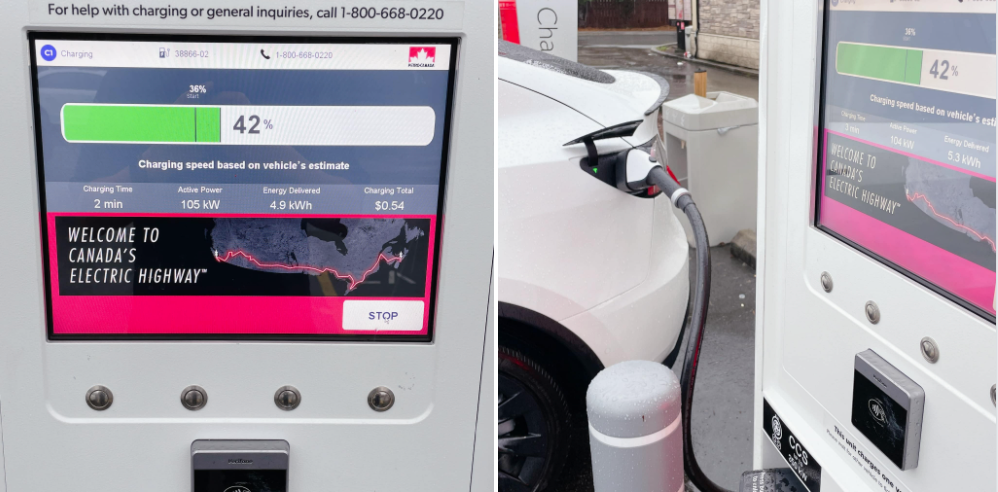If the adapter is a real danger, i would assume that's a Consumer Protection or Underwriter Labs issue that the government should take care of. But Tesla is welcome to try to disable unauthorized adapters, particularly if there is a risk.
But then, handling a can of gasoline is a risk too if not done properly. The question is - what's an acceptable risk?
But then, handling a can of gasoline is a risk too if not done properly. The question is - what's an acceptable risk?




